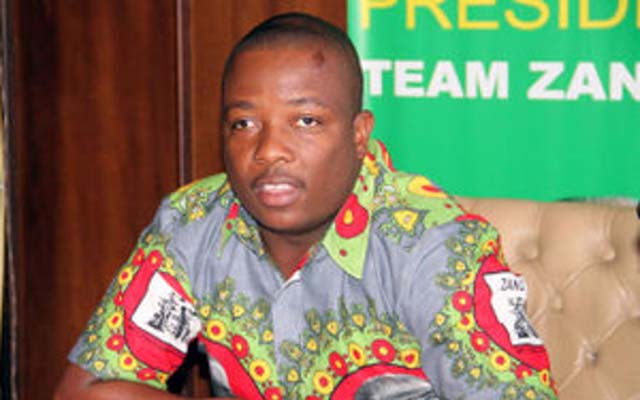Sudan eyes normal ties with US

KHARTOUM. — Sudan’s foreign minister said yesterday that his country, which has been under US sanctions for 20 years, was looking forward to normal ties being restored.
The minister, Ibrahim Ghandour, made his remarks at a meeting with US President Donald Trump’s new aid administrator ahead of an October 12 deadline for a decision by Washington on easing some of the sanctions. “We know the queries in the mind of each one of us,” Ghandour told Mark Green, head of the US Agency for International Development (USAID).
“On our side, we look forward for a normalisation of our relations with an important country — the important country in the world — the US,” said Ghandour, who has overseen dialogue with Washington over the easing of 20-year-old sanctions. He added: “I look forward to seeing a normal relation between my country and yours.”
Former US President Barack Obama announced the easing of sanctions in January, just before he stepped down, as a goodwill gesture recognising Sudan’s increased cooperation in the fight against terrorism and Khartoum’s pivot from Iran to the Gulf States. Any such move could suspend a trade embargo, unfreeze assets and remove financial restrictions that have hobbled the Sudanese economy.
The North African country wants to regain access to the global banking system, potentially unlocking badly needed trade and foreign investment. “It needs both to cope with an inflation rate of 35 percent and a shortage of foreign currency that has crippled its ability to purchase from abroad.
But implementation of the move was delayed for six months to allow Sudan more time to make progress on key demands and to give the new Trump administration time to settle in.
Among the conditions set by the United States for the easing of sanctions is increased humanitarian access to communities afflicted by years of conflict.
Any lifting of economic penalties would be a major turnaround for the government of President Omar Hassan al-Bashir. — Reuters.










Comments